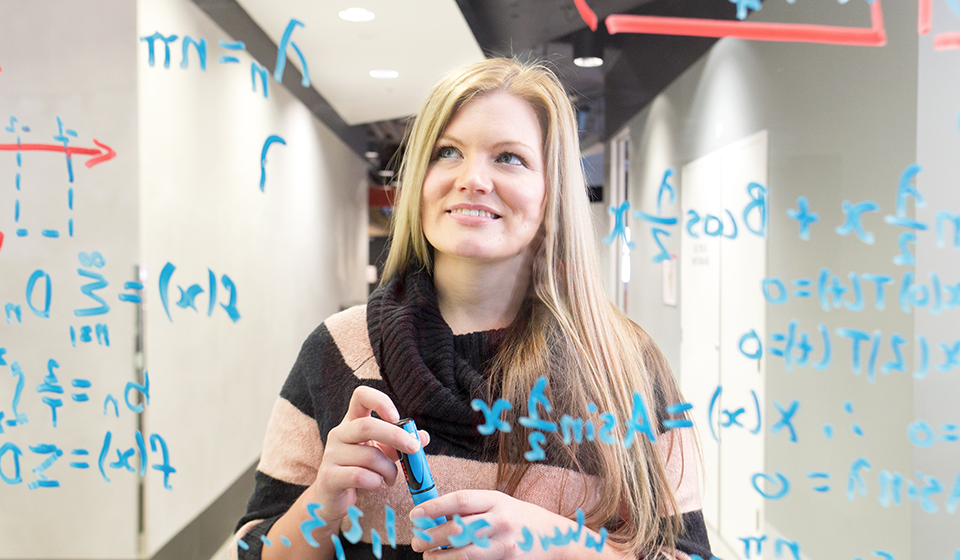The Master of Analytics is delivered through a mixture of lectures, practicals, online materials, computer lab sessions, and individual and group projects.
Classes are usually held once a week in the evenings. There are also opportunities for you to work as part of a team on projects and in consulting activities.
You will learn the fundamentals of statistics and computer programming and all the important tools including R, SQL, SAS Enterprise Guide, SAS Enterprise Miner, Python, Java, CPLEX, Gurobi and Arena, as identified by our industry partners.
Importance is placed on work-integrated learning and all analytics students have a project experience with our industry partners, working on real data.
Students who secure approved placements and internships in industry can have them counted towards the degree.






